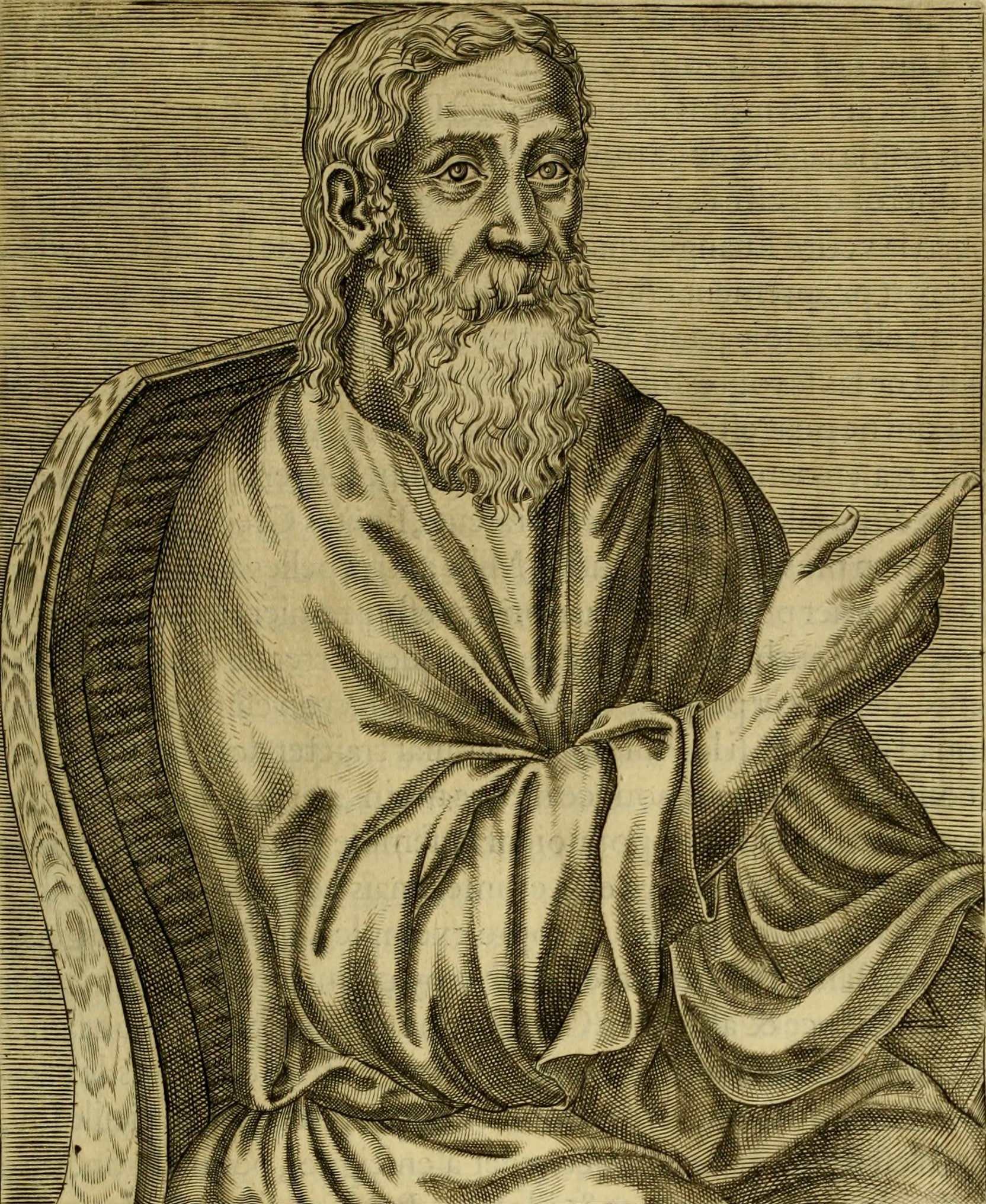Источник: To the Newly Baptized, pp. 373-374.
Климент Александрийский: Цитаты на английском языке
Источник: The Rich Man's Salvation, p. 283.
Источник: The Rich Man's Salvation, p. 315.
Paedagogus 2 (circa 210).
Источник: The Rich Man's Salvation, p. 271.
Источник: The Rich Man's Salvation, p. 281.
But if one of those serpents even is willing to repent, and follows the Word, he becomes a man of God.
Exhortation to the Heathen
As quoted in 'Noble Thoughts in Noble Language (1871) edited by Henry Southgate, p. 2.
Источник: To the Newly Baptized, p. 371.
Источник: The Rich Man's Salvation, p. 317
Miscellanies, VI, 8
Источник: The Rich Man's Salvation, p. 271.
Reported in Josiah Hotchkiss Gilbert, Dictionary of Burning Words of Brilliant Writers (1895), p. 104.
Источник: To the Newly Baptized, p. 373.
As reported in Clement of Alexandria by Eric Osborn (Cambridge University Press: 2008), p. 63.
“There is one river of truth, which receives tributaries from every side.”
Stromata (Miscellanies, c. 198–203 AD), I: 5.
Вариант: Variant translation: There is one river of truth, but many streams fall into it on this side and that.
